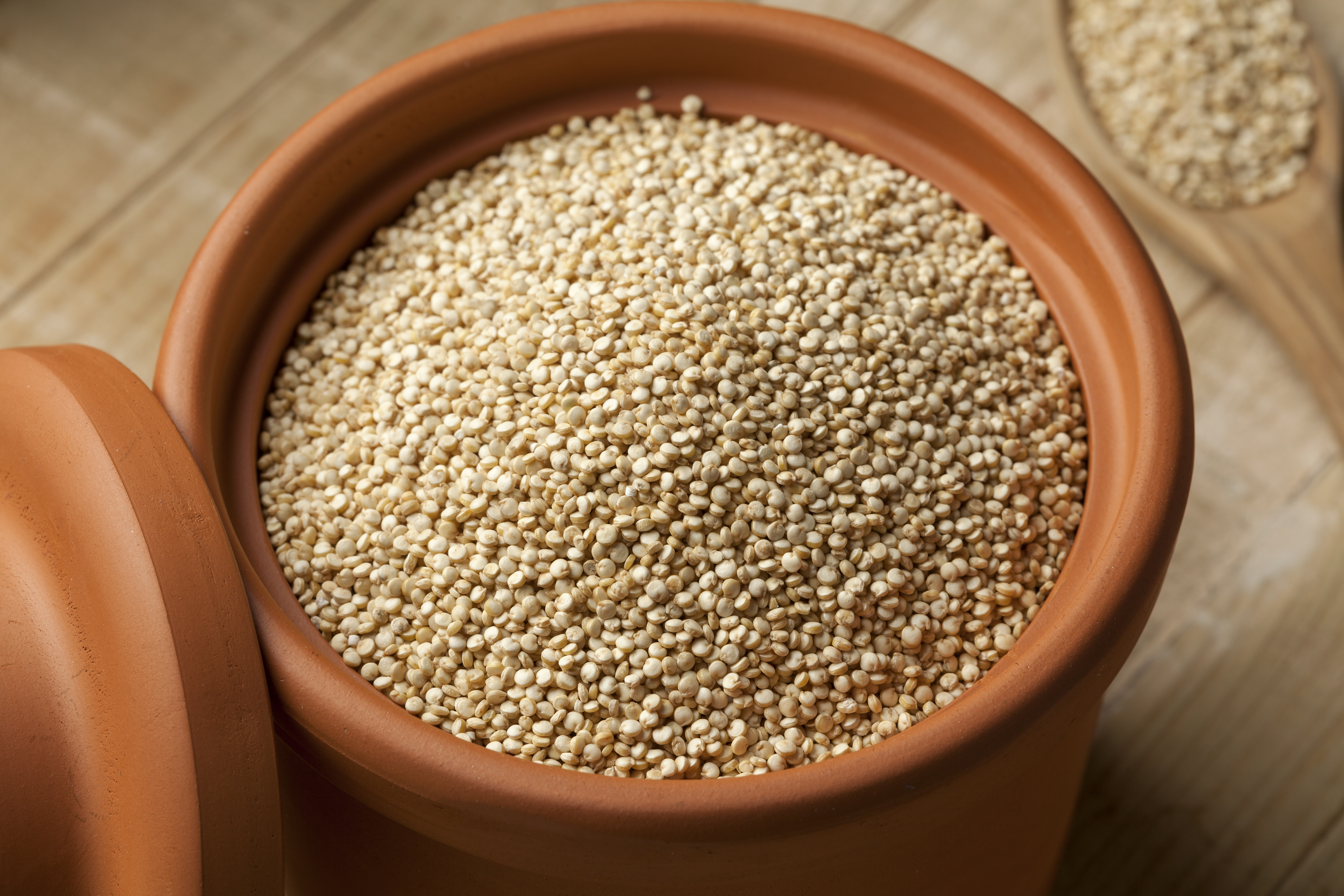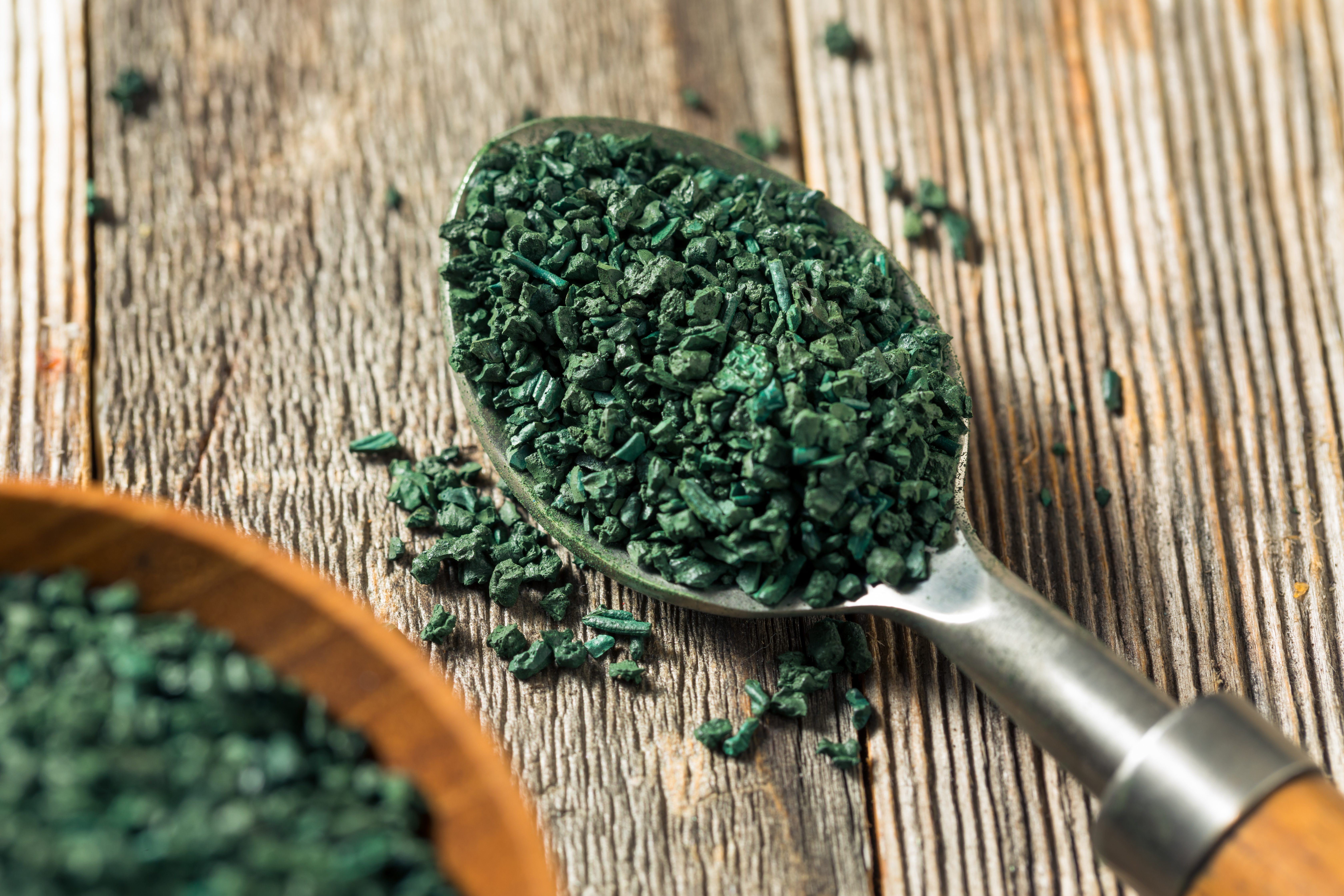13 Unexpected High-Protein Foods to Add to Your Diet Today
In the world of nutrition, protein has long been hailed as a vital macronutrient essential for muscle growth, repair, and overall bodily functions. Traditionally, when one thinks of protein sources, images of meat, eggs, and dairy often come to mind. However, as dietary preferences shift towards more diverse and sustainable options, a new array of protein powerhouses has emerged. This article delves into 13 surprising protein sources that can reinvent your daily diet, providing not only variety but also a wealth of nutritional benefits. These alternatives cater to different dietary needs, including vegetarian, vegan, and gluten-free options, making protein intake more accessible and exciting than ever before. Let's embark on this culinary exploration that promises to transform your meals and invigorate your health.
1. Quinoa: The Ancient Grain with Modern Appeal

Quinoa, often mistaken for a grain, is actually a seed that has been cultivated for thousands of years in the Andean region of South America. It's renowned for its impressive protein content, boasting all nine essential amino acids, making it a complete protein source. This characteristic is particularly beneficial for vegetarians and vegans who may struggle to consume all essential amino acids through plant-based diets alone. Quinoa's versatility is another of its greatest strengths; it can be used in salads, as a rice substitute, or even in baking. Its mild, nutty flavor complements a variety of dishes, making it an easy addition to any meal. Beyond protein, quinoa is rich in fiber, magnesium, B vitamins, iron, potassium, calcium, phosphorus, vitamin E, and various beneficial antioxidants, contributing to overall health and well-being.
2. Spirulina: The Nutrient-Dense Algae

Spirulina, a blue-green algae, is often touted as a superfood due to its high protein content and impressive nutritional profile. This microscopic organism is packed with protein, providing about 4 grams per tablespoon, along with a host of vitamins and minerals, including B vitamins, copper, and iron. Spirulina is also rich in antioxidants, particularly phycocyanin, which has been shown to have anti-inflammatory effects. The protein in spirulina is highly digestible, making it an excellent option for those with digestive sensitivities. Often available in powder or tablet form, spirulina can be easily incorporated into smoothies, juices, or energy bars. Its unique flavor may take some getting used to, but the health benefits it offers make it a worthwhile addition to a balanced diet.
